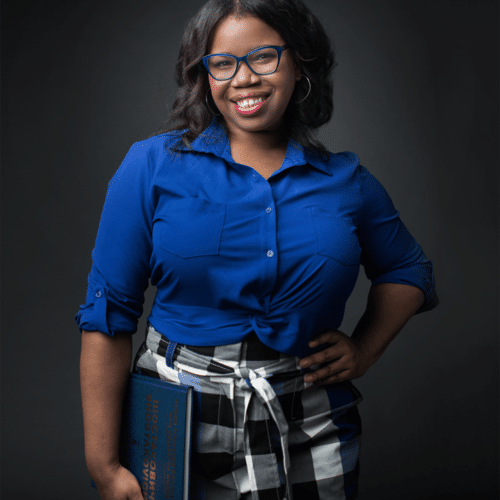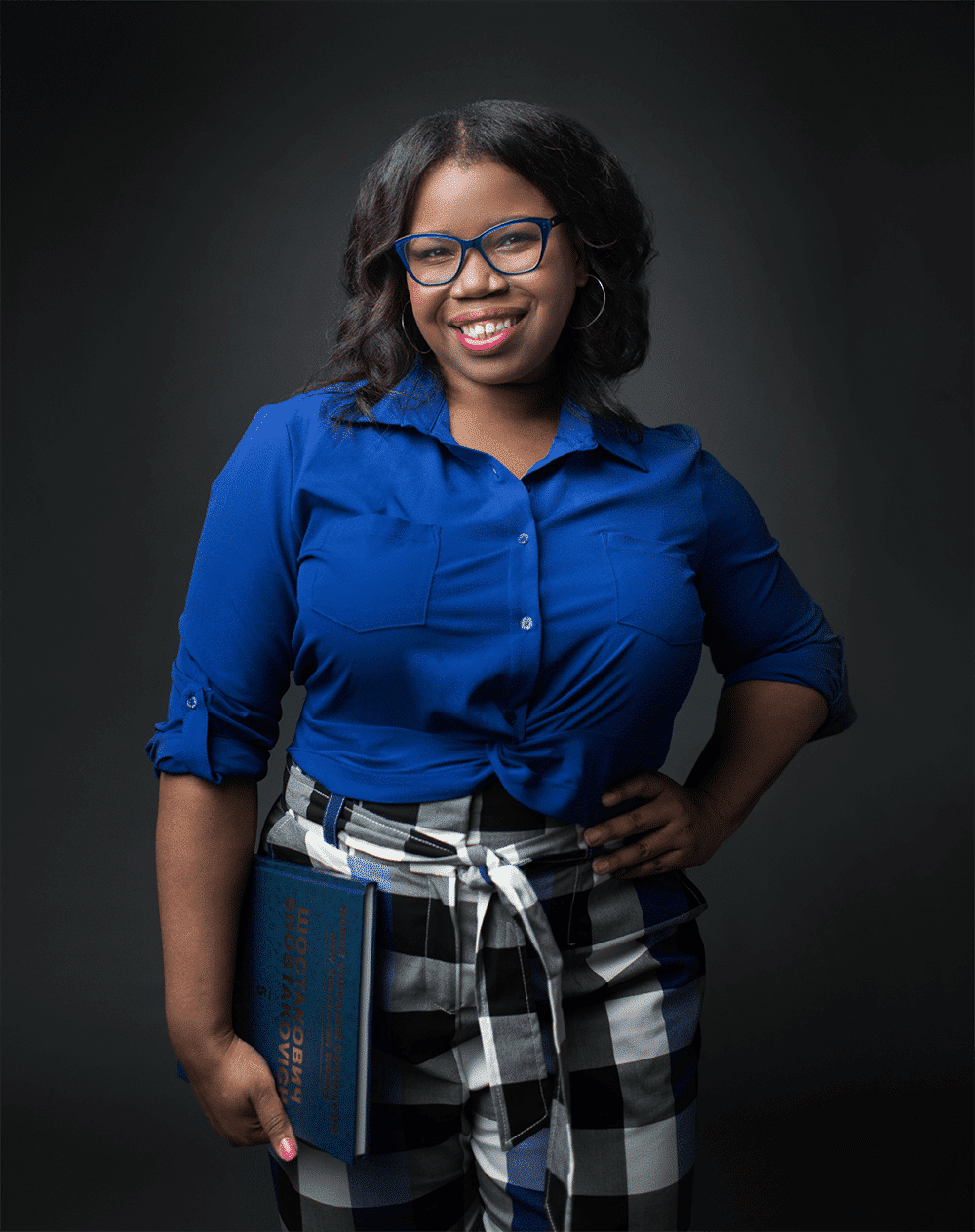Philadelphia Orch appoints first African-American woman
mainPress release:
The Philadelphia Orchestra is pleased to announce the appointment of Nicole Jordan as principal librarian beginning in the 2020–21 season. The position will bring her back to Philadelphia, where she was raised and began her career as The Philadelphia Orchestra’s library fellow from 2008 to 2011. Jordan will be the first African-American woman to join the Orchestra as a full-time member.
“We are beyond excited to welcome Nicole Jordan back to our Orchestra family,” said Music Director Yannick Nézet-Séguin. “Nicole will be an invaluable partner to me and my colleagues on the stage, and those in the administration, as we look to the future of The Philadelphia Orchestra. This is a critical and influential role in the Orchestra, and Nicole was deeply impressive throughout our lengthy audition process, from her knowledge of the repertoire to her inspiring view of what her role can and will be.”







Comments